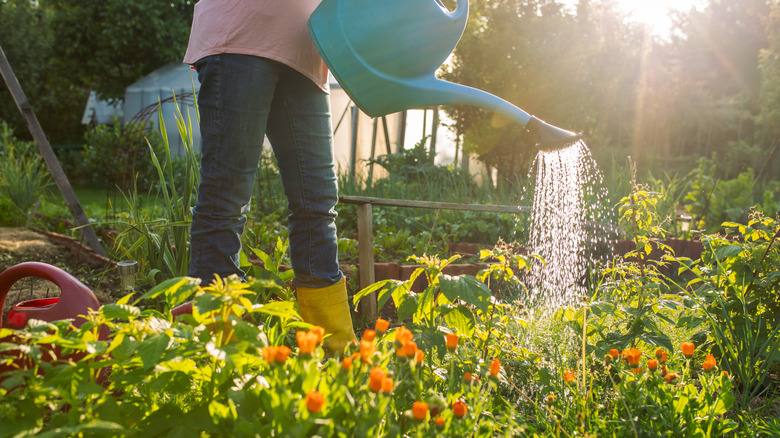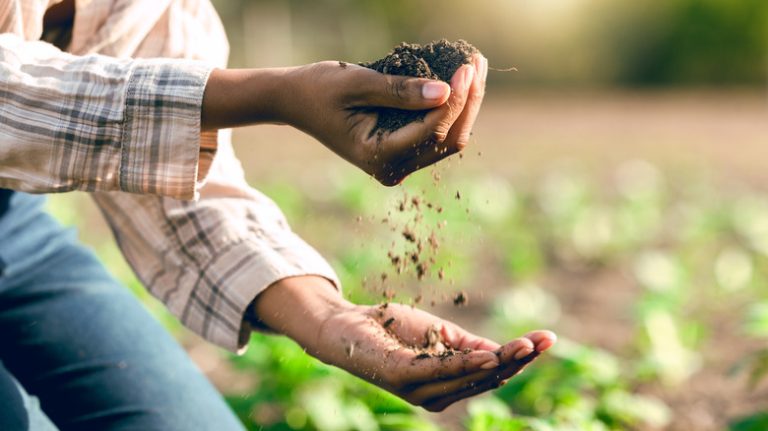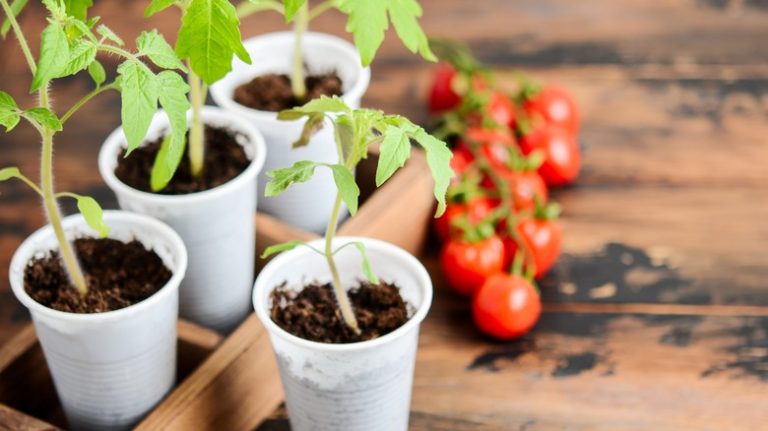After boiling your carrots, green beans, or cauliflower, don’t toss out that vegetal bathwater. Instead of pouring it down the sink (which, depending on what you’ve boiled, might make a stink), give it to your garden. This juice is packed with vitamins and minerals that can act as a potent, all-natural, and super-inexpensive fertilizer.
Here’s how you can put this effective plant hack to work. Once you’ve finished cooking your veggies, give the water a chance to cool off, so it can retain all of its health-boosting ingredients. When the water has cooled down to at least room temperature, gently pour a small amount at the base of your plants’ roots. Keep an eye on the quantity. Indoor plants will do well with just about a tablespoon of water per day, while plants in your garden will vary. You can check the soil’s moisture level before watering by sticking your finger into the soil up to your knuckle. If the soil feels dry at that depth, then it’s time to water.
Try out potato or egg water
Potato water, a nutrient-rich byproduct from the kitchen, is emerging as a valuable natural fertilizer for plants. It’s packed with essential minerals, especially potassium, which helps promote resilience against environmental stressors and disease. This starchy energy drink also encourages a nice growth spurt for your seedlings. Not only does potato water act as a liquid fertilizer, it also fosters healthy bacterial growth in the soil and protects against pests. Fermented potato water might smell a bit funky, but it also helps deter creatures that might otherwise feast on your garden children’s delicate roots. As with vegetable water, you’ll want to make sure that you cool this drink down to at least room temperature.
If you’ve just hard-boiled some eggs, don’t toss that water. Let it cool, and give your plant babies a drink. Egg water is rich in calcium, which is crucial for supporting cellular structure, aids in nutrient uptake, helps fight off diseases, and is good for a plant’s overall health.



